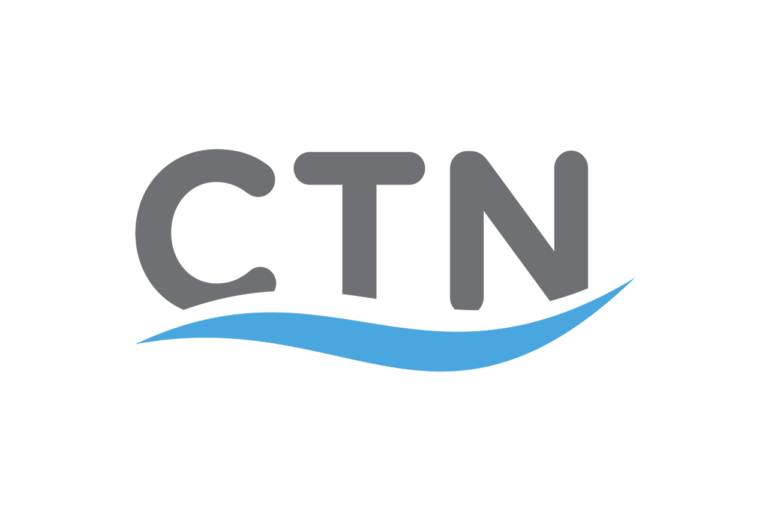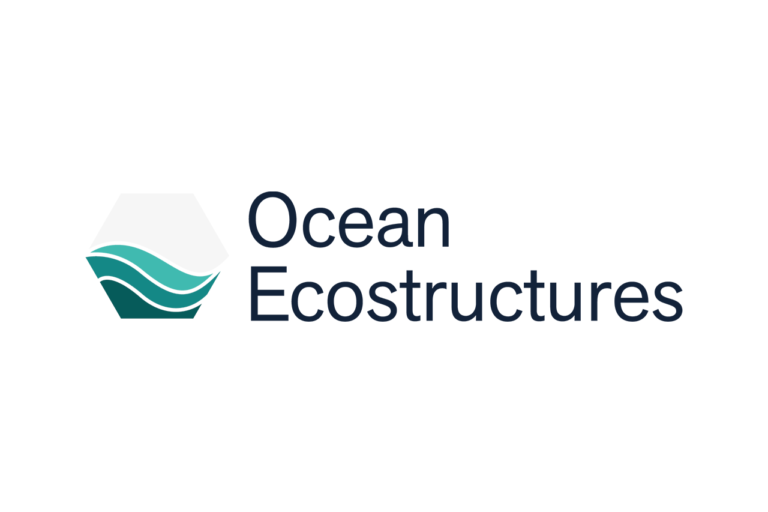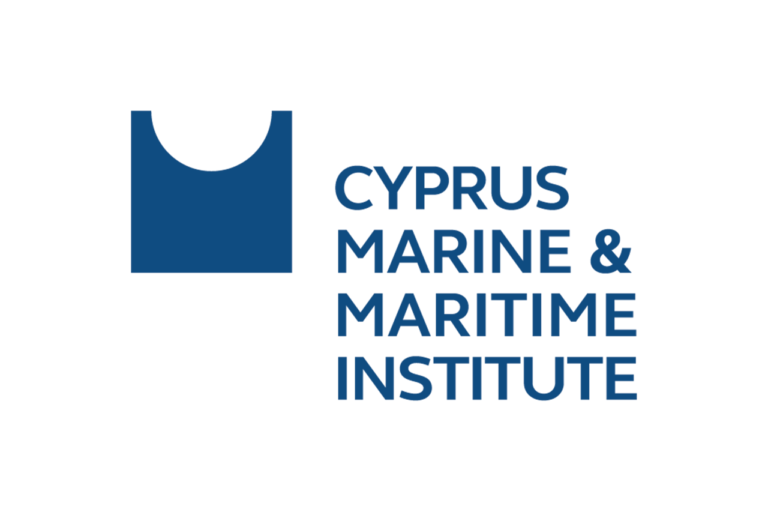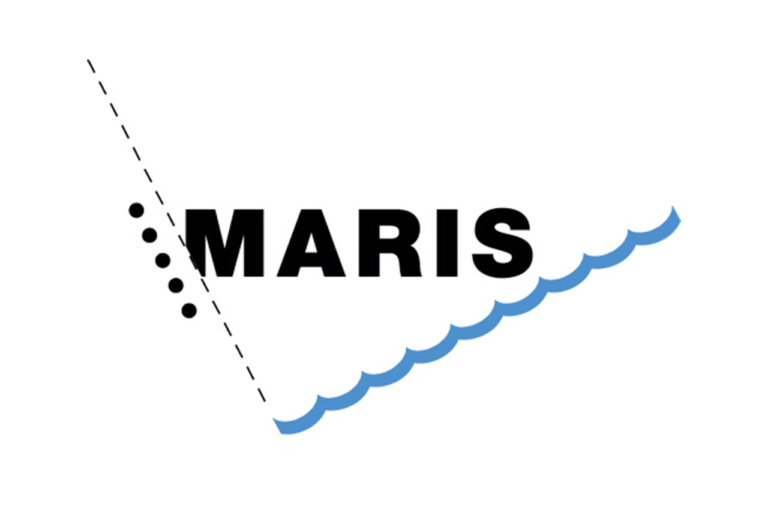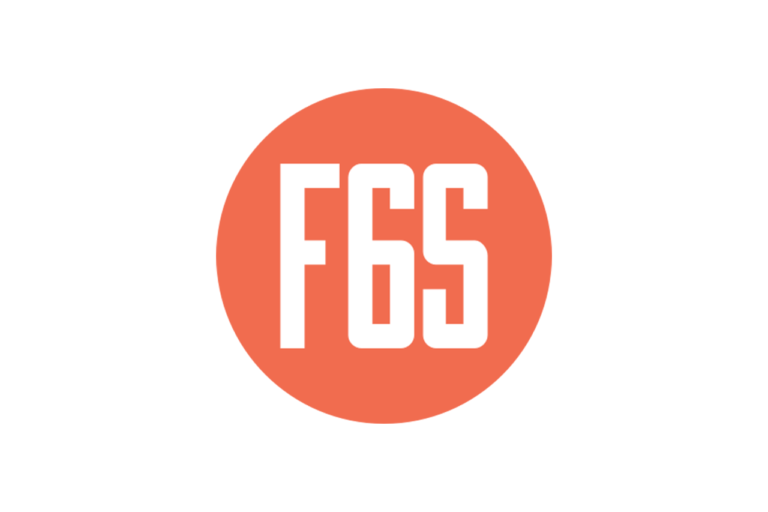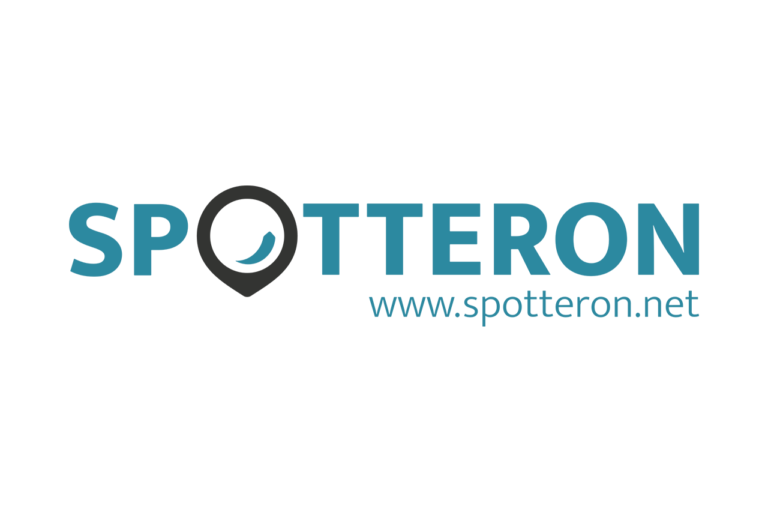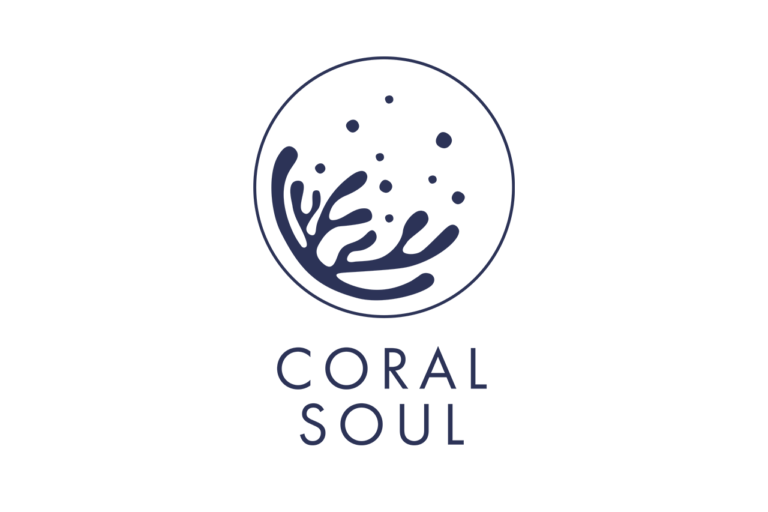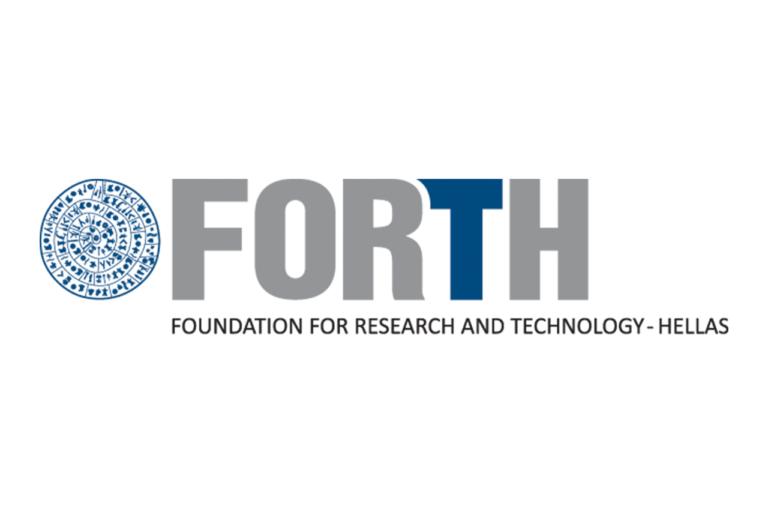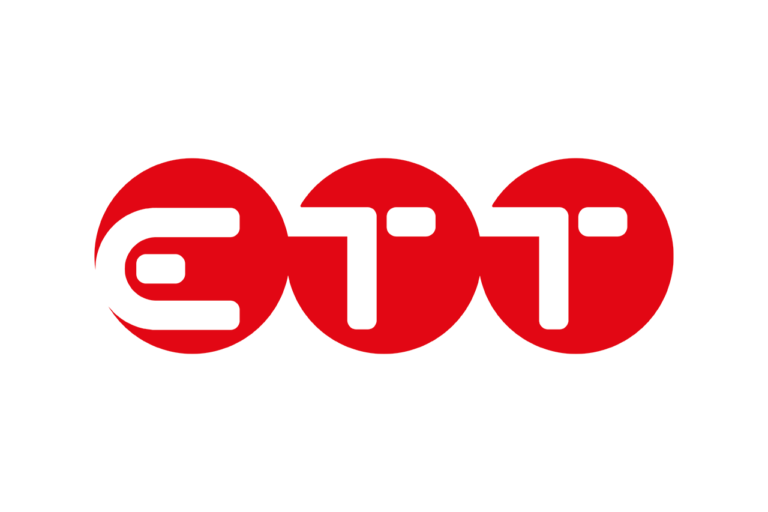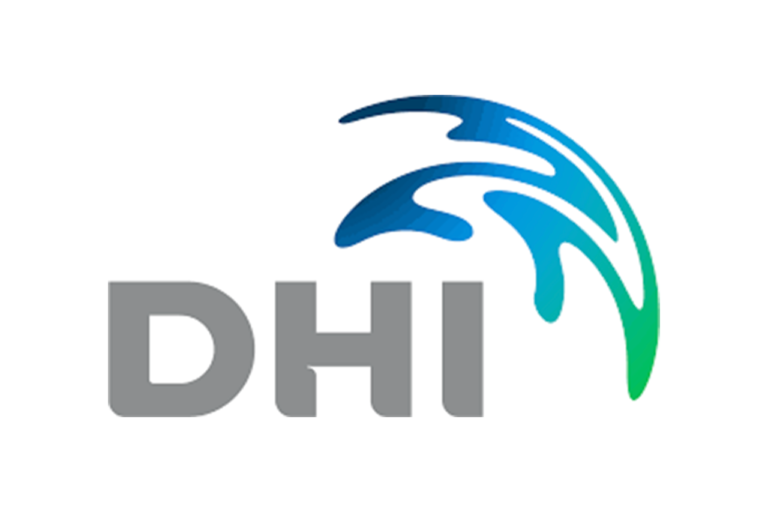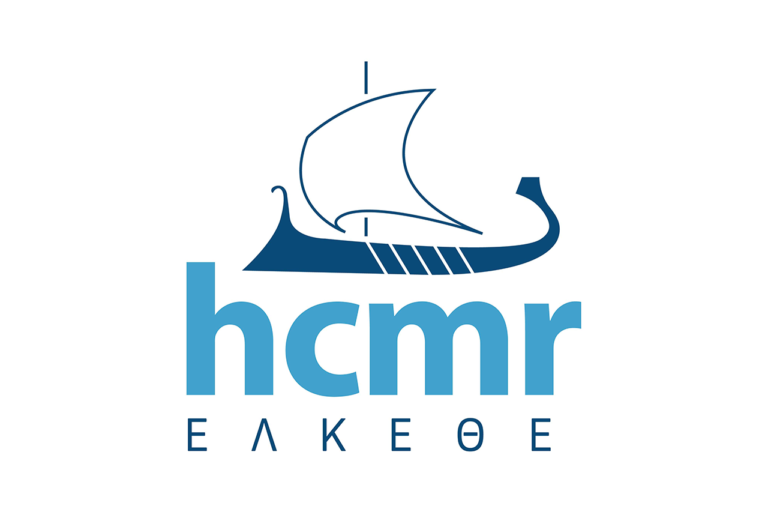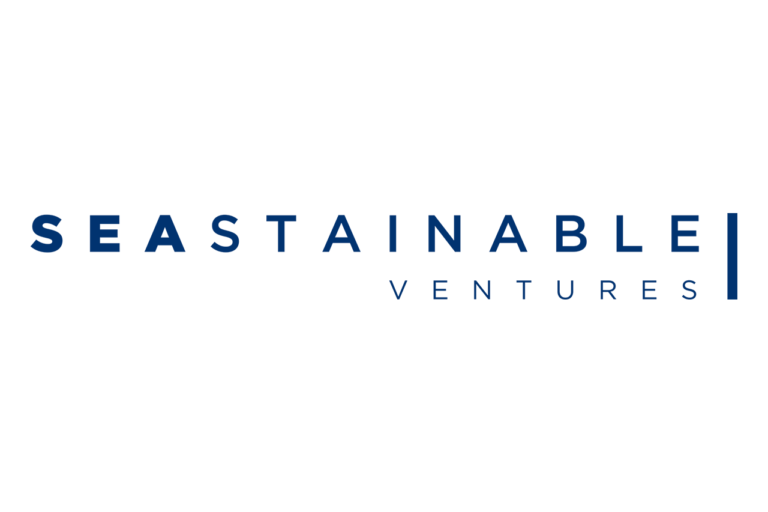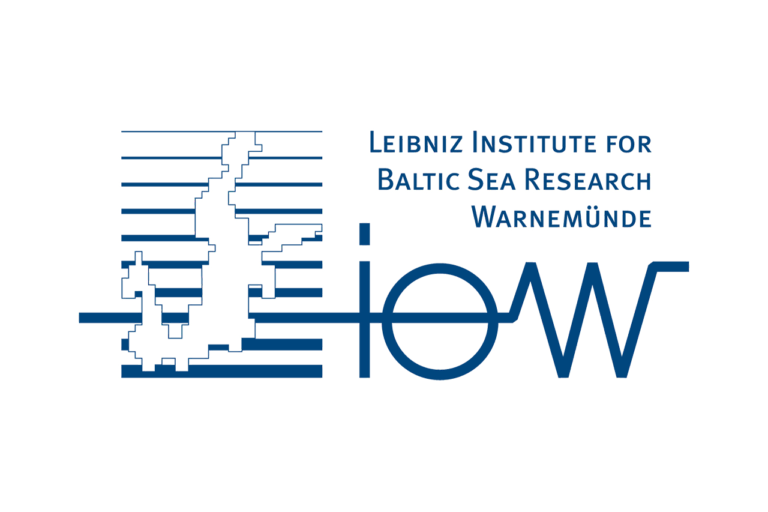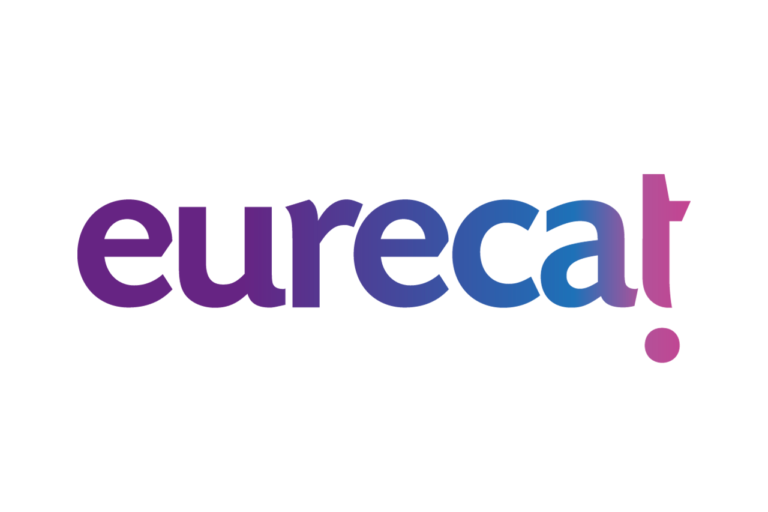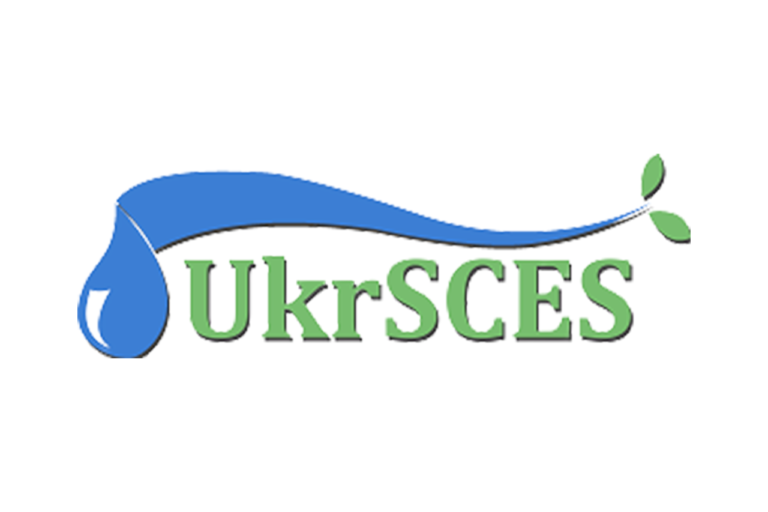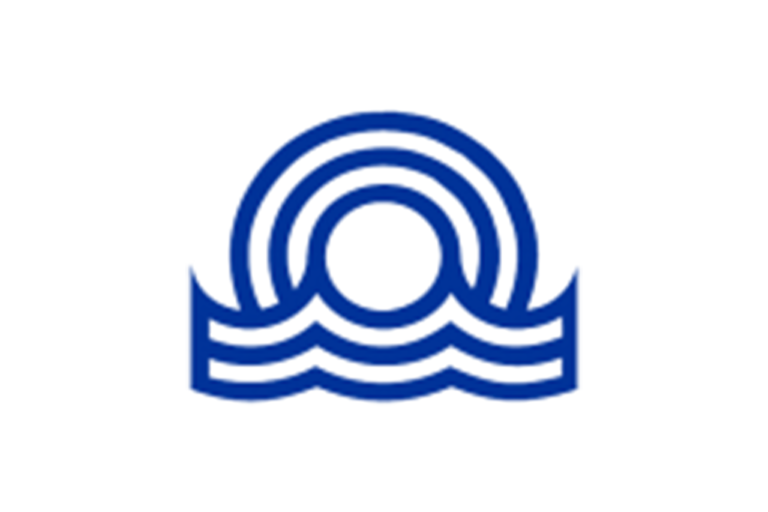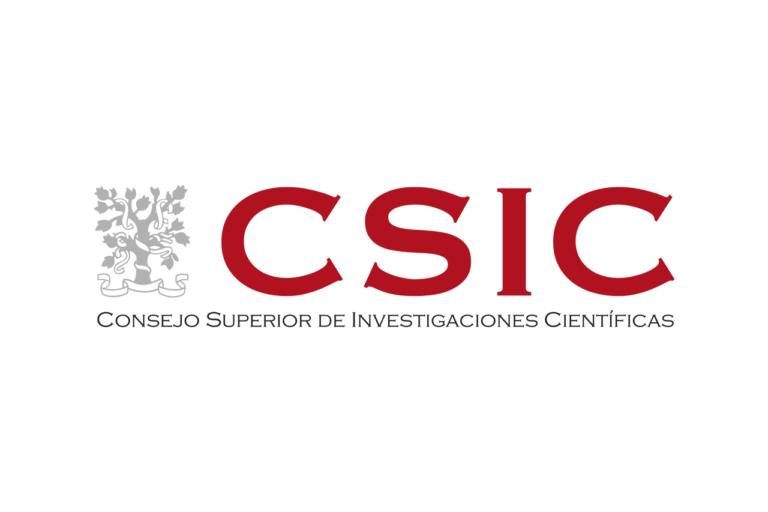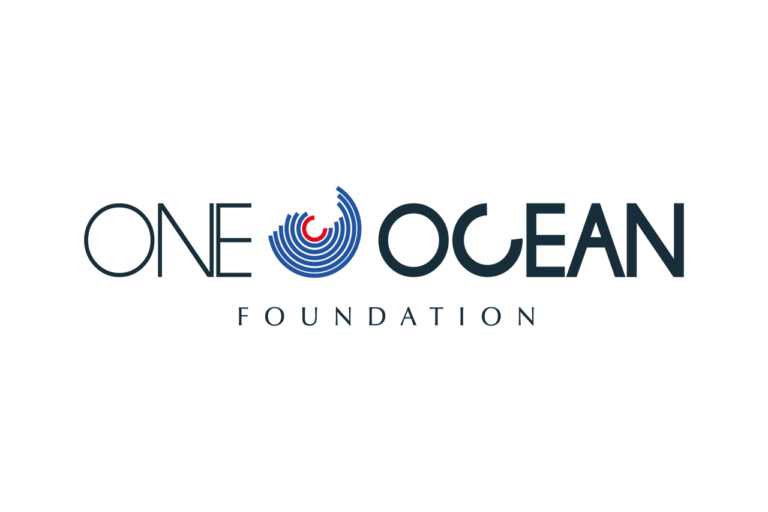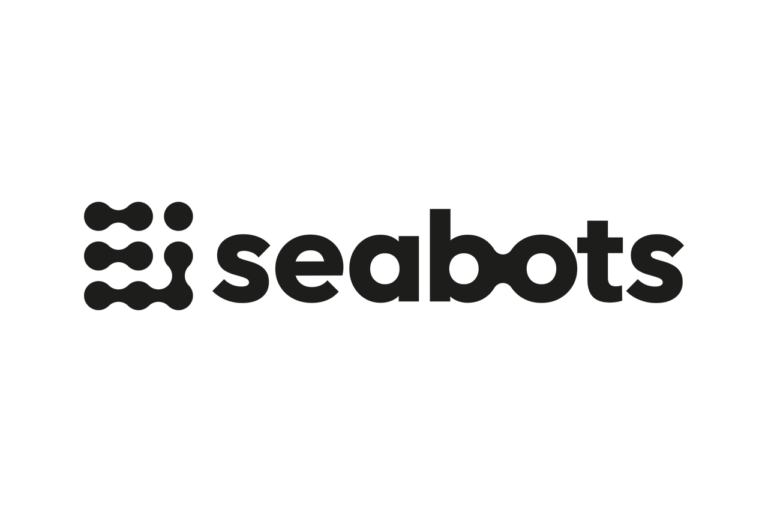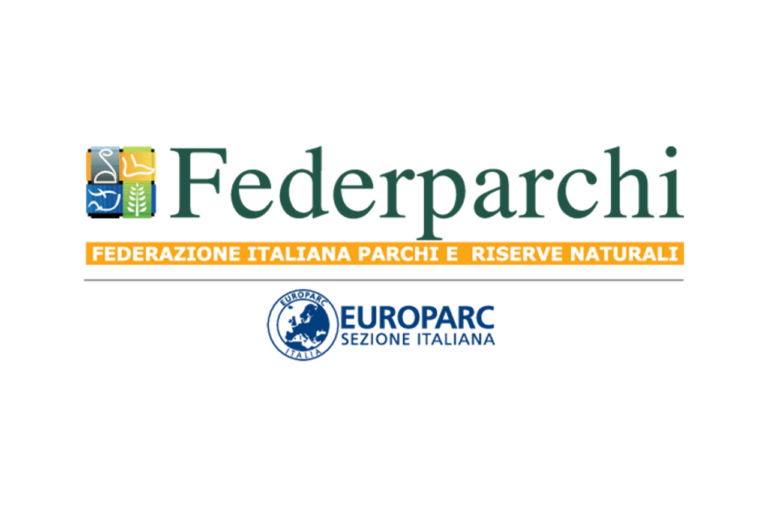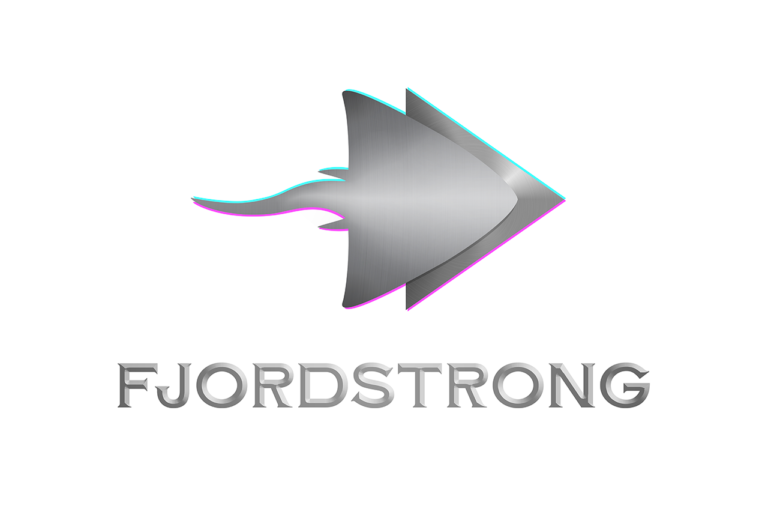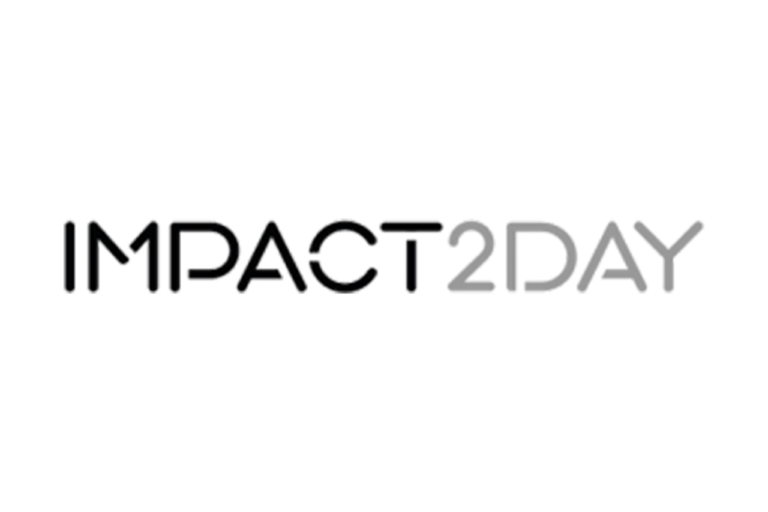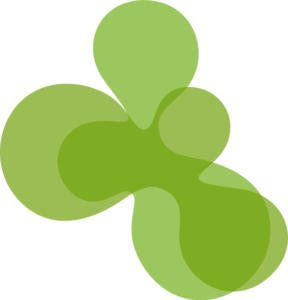
EFFECTIVE Synergies
Welcome to the EFFECTIVE project synergies page! Here you can find several EU projects that we are related to, within the common topic of the blue economy. Explore them, get to know them better and don’t miss the various initiatives that we will organize together.
The Projects
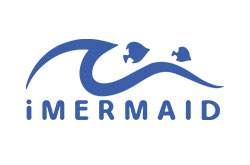
iMERMAID
Innovative solutions for Mediterranean Ecosystem Remediation via Monitoring and decontamination from Chemical Pollution
iMERMAID stands for Innovative solutions for Mediterranean Ecosystem Remediation via Monitoring and decontamination from Chemical Pollution. The project will integrate, coordinate and synergise innovative solutions that prevent, monitor and remediate against chemical contaminants. It will construct a multidimensional framework, underpinning policymaking and altering societal perspectives. Cutting-edge sensors and remediation methods will be advanced, tackling contaminants at their source while curbing upstream pollution. By bringing together SMEs, researchers, regulators and innovation professionals, iMERMAID aims to strengthen regulations, boost economic prospects, enhance EU residents’ quality of life and, ultimately, create contaminant-free waters in the Mediterranean.
Within the Mediterranean Sea basin, iMERMAID will deploy and demonstrate the developed solutions in various use cases at the source (agriculture waste, pharmaceutical contaminants, heavy metals, oil, PFAS, etc), intermediary (WWTP), and destination (Mediterranean Sea), providing the basis for future scale up of the developed solutions addressing chemical pollution from its source to its destination.
The project also will launch two open calls inviting associated regions for extended demonstration and testing of the innovative iMERMAID solutions. Open Call #1 is launched and is accepting applications from local and regional authorities until the 17th of September 17.00 CEST (Brussels time) through the iMERMAID submission page (hosted by F6S).
Both iMERMAID and EFFECTIVE share a commitment to addressing critical environmental challenges in marine and coastal ecosystems. Each project focuses on implementing innovative solutions to improve ecosystem health and resilience, albeit through different, yet complementary, approaches. iMERMAID is one of the projects from the F6S’ Blue Economy synergy channel and the collaboration between EFFECTIVE and iMERMAID has been highly productive. So far, this partnership has involved sharing best practices, exchanging knowledge during monthly synergy meetings, and promoting each other’s initiatives through newsletters, social media channels, and other cross-promotional activities.
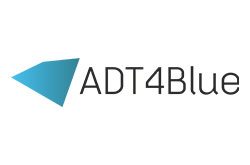
ADT4Blue
Advanced Digital Technologies for the Blue Economy
ADT4Blue – Advanced Digital Technologies for the Blue Economy is an EU-funded project under the Interreg Atlantic Area programme, running from September 2023 to August 2026. The initiative aims to accelerate the use of advanced digital solutions to tackle key challenges in the Blue Economy across the Atlantic region.
The project is supported by a network of 14 partners, including stakeholders in the Blue Economy, digital technology, and entrepreneurship, from five Atlantic regions across four countries (France, Ireland, Portugal, and Spain). ADT4Blue focuses on enhancing digital skills among students and early-stage entrepreneurs in the Blue Economy sectors. Participants receive tailored training, mentorship, and support in securing funding for their ventures.
ADT4Blue will identify critical challenges in the Blue Economy and launch three Open Calls to select innovative ideas and teams. These teams will develop pilot solutions using advanced digital technologies to address the challenges in various sectors. The selected participants will benefit from training and mentorship to equip them with the necessary skills to succeed.
ADT4Blue and EFFECTIVE share a focus on addressing Blue Economy challenges by fostering innovation, with ADT4Blue emphasising digital skills and technology solutions while EFFECTIVE focuses on utilising technology and innovation in marine restoration and conservation, making their efforts complementary in advancing sustainable, impactful outcomes for ocean ecosystems. ADT4Blue is one of the projects from the F6S’ Blue Economy synergy channel and the collaboration between these two projects so far focused mainly on mutual promotion on social media, website and via project newsletters. ADT 4Blue and EFFECTIVE also worked together on delivering a webinar session on ocean literacy and citizen science that was organised in collaboration with the BlueMissionAA project.
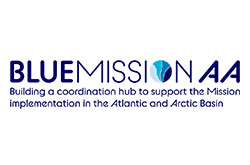
BlueMissionAA
BUILDING A COORDINATION HUB TO SUPPORT THE MISSION IMPLEMENTATION IN THE ATLANTIC AND ARCTIC BASIN
BlueMissionAA is the coordination hub supporting the implementation of the EU Mission Restore our Ocean and Waters by 2030 in the Atlantic and Arctic basins. It focuses on the restoration of marine and coastal ecosystems and increased climate resilience.
BlueMissionAA has a structuring effect, to consolidate and mobilize a wide community of relevant stakeholders and EU citizens toward the achievement of Mission objectives at the basin level. It is working towards delivering an effective governance framework aligned with policies, initiatives, and actions at the national, regional, and EU levels, builds a well-coordinated monitoring framework to assess the progress of the implementation on an ongoing basis, provides a wide range of supporting services, fosters an attractive innovation ecosystem for ecological restoration, and empowers EU citizens to engage in the preservation and restoration of oceans and waters through participative means.
Six case studies have been selected across a range of representative restoration approaches (e.g., protection, active restoration, sustainable harvesting) to showcase existing and proven methodologies from recent and ongoing projects and networks. These case studies deliver guidelines and recommendations regarding optimal governance approaches for environmental protection and restoration in marine, freshwater, and transitional water systems, with scalability for achieving mission objectives. BlueMissionAA is developing two region-specific proposals for effective mission lighthouse governance: one for the Atlantic and one for the Arctic.
The collaboration between BlueMissionAA and EFFECTIVE centers primarily on cross-promotion and mutual participation in events to strengthen outreach within the blue economy domain. A key component of this partnership is BlueMissionAA’s weekly webinar series, the “Atlantic & Arctic Lighthouse Weekly Hour,” which highlights impactful projects and initiatives across the blue economy. In December 2024, EFFECTIVE took part in one of these webinars alongside five other blue economy projects, focusing on the theme of “Ocean Literacy and Citizen Science.” Representing EFFECTIVE, SPOTTERON, a member of our consortium, showcased our approach to citizen science and the ways we engage communities in marine ecosystem preservation. The recording of the webinar is available on the link below.
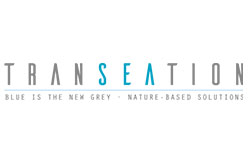
TRANSEATION
Advancing Ecosystem-Based Management through Hybrid Blue-Grey Infrastructures in Marine and Coastal Areas
TRANSEATION is an innovative project aimed at advancing sustainable marine and coastal infrastructure through the integration of Nature-Based Solutions (NbS) and hybrid blue-grey infrastructures. The project focuses on enhancing coastal and marine resilience while supporting biodiversity, ecosystem services, and renewable energy production. TRANSEATION’s key objectives include the development of sustainable aquaculture systems, ecological enhancement of offshore renewable energy platforms, and hybrid coastal protection measures. Through interdisciplinary collaboration, the project brings together cutting-edge research, technological innovation, and practical implementation. TRANSEATION will establish clear criteria for genuine NbS, ensuring that interventions are both environmentally sound and economically viable. By testing and demonstrating these hybrid solutions in real-world settings, the project aims to provide scalable and replicable models for global adoption. TRANSEATION seeks to contribute to the sustainable management of marine resources, offering resilient and adaptable solutions to the challenges posed by climate change, coastal erosion, and marine biodiversity loss. The project’s outcomes will support policy development, foster industry partnerships, and promote the broader application of NbS in marine and coastal infrastructure planning.
TRANSEATION and EFFECTIVE share a common focus on utilizing Nature-Based Solutions (NbS) and engaging citizen science, particularly through the collaborative application COSEA. Both projects are dedicated to enhancing marine and coastal resilience while supporting biodiversity, leveraging the COSEA App to empower citizens to contribute valuable data and insights.
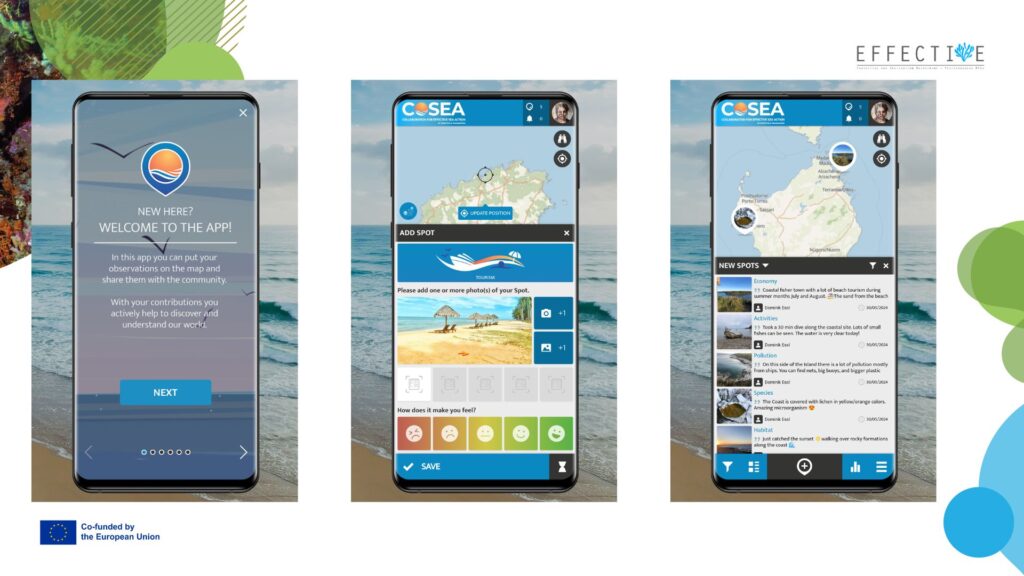
This synergy allows both initiatives to strengthen sustainable marine management, integrate community involvement, and provide scalable, real-world solutions for broader application. One of the most fruitful results of this collaboration to this point is the joint organisation of the I Summit on Nature-Based Solutions (NBS) for the Blue Economy, organised on February 28, 2024 in Murcia, Spain.
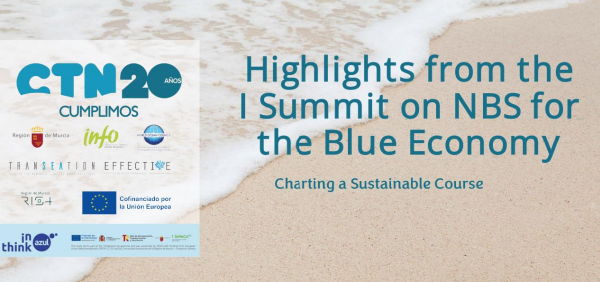
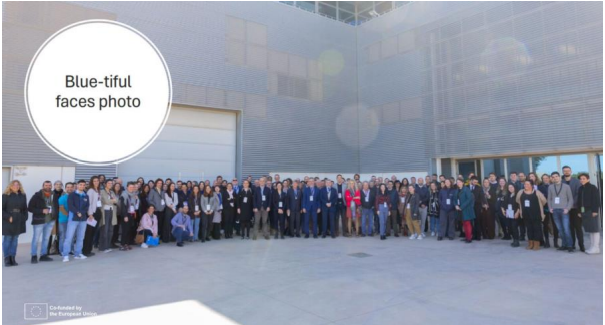

MEDSEPLAN
Data and Scenarios for a Sustainable Mediterranean Blue Economy
GA number: SBEP2023-424
The MEDSEAPLAN main objective is to develop a comprehensive scientific knowledge-based tool for the application of the Ecosystem-based Approach (EBA) to be used in MSP processes with the intention to drive a Sustainable Blue Economy in the Mediterranean.
The collaboration with the MEDSEAPLAN project is a newly established on and, so far, projects’ teams have organised and introductiory meeting and agreed on mutual promotion on websites, social media and in newsletters
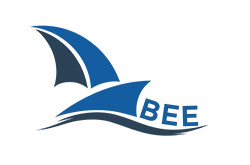
BEE
Blue Economy Entrepreneurship
The BEE project is grounded in tailoring the needs of adults living in European islands in 5 EU countries (Ireland, Italy, Portugal, Cyprus and Malta) who have access to fewer opportunities and are facing economic difficulties and challenges. Islands have a limited capacity to develop creative mass and expertise in new fields, which may lead to difficulties in adapting to a smart economy. The project partners will develop and exchange information and case studies related to the situation in their respective countries and communities regarding the blue economic sector, entrepreneurship, and sustainable tourism.
The BEE’s methodology includes the design of an E-course related to entrepreneurs to acquire business skills aimed at creating a blue ecotourism company. It is planned to be a self-learning and didactic tool that young adults can use to improve their skills and knowledge of the entrepreneurship field and the blue ecotourism sector. The E-course will be tested in the local phase in each participating country, allowing the transfer of competencies between adult educators and adult learners, and providing its stakeholders with a new educational offer.
BEE and EFFECTIVE share a commitment to fostering sustainable economic growth in the blue economy by supporting local communities and building entrepreneurial skills. Both projects aim to empower stakeholders through tailored educational tools and training, with a focus on enhancing knowledge and capacity within underserved regions and promoting sustainable practices. BEE is part of F6S’s Blue Economy synergy channel, and the collaboration with EFFECTIVE has primarily centered on mutual promotion through social media, websites, and project newsletters. Both projects are also collaborated to deliver a webinar session focused on ocean literacy and citizen science, organized in partnership with the BlueMissionAA project
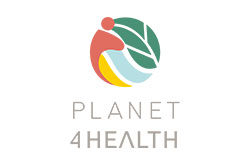
PLANET4HEALTH
Translating Science into Policy: A Multisectoral Approach to Adaptation and Mitigation of Adverse Effects of Vector-Borne Diseases, Environmental Pollution and Climate Change on Planetary Health
PLANET4HEALTH is a Horizon Europe Health RIA project named “Translating Science into Policy: A Multisectoral Approach to Adaptation and Mitigation of Adverse Effects of Vector-Borne Diseases, Environmental Pollution, and Climate Change on Planetary Health,” funded by the European Union. Its mission is to generate new knowledge and tools to address the impacts of environmental degradation on human, animal, and ecosystem health. The project aims to support policy-making processes and raise citizens' awareness about sustainable planetary health, climate and environmental policies, and strategies for adapting to and mitigating natural hazards. PLANET4HEALTH will conduct research and draw overarching conclusions from four case studies: 1) vector-borne diseases in the Iberian Peninsula, 2) air pollution and its adverse health effects in South Africa, 3) food safety in Central Europe, and 4) mental wellbeing in the context of environmental and climate factors. These studies will span various geographical regions, leveraging the extensive project network to develop universal conclusions and replicable solutions that enhance predictive capabilities and preparedness.
Both PLANET4HEALTH and EFFECTIVE aim to address the impacts of environmental degradation on human and ecosystem health, with a shared focus on generating knowledge that supports policymaking and raises public awareness about sustainable practices. Additionally, both projects employ a multisectoral approach to tackle complex environmental and health challenges across different regions. Having this in mind, the two projects (in collaboration with STREAMS and Restore4Life projects) participated in the 11th edition of the European Urban Resilience Forum (EURESFO). These projects were showcased at the event’s Marketplace alongside other groundbreaking environmental sustainability projects supported by EFFECTIVE consortium partner F6S. EFFECTIVE, Restore4Life and STREAMS tackled one of the event’s main topics – Water resilience and promotion of the Blue Economy within and beyond the Mediterranean region, by showcasing projects’ developments and solutions. This event proved to be a valuable opportunity to promote the EFFECTIVE project and highlight its commitment to restoring and preserving the marine protected areas across the entire Mediterranean.
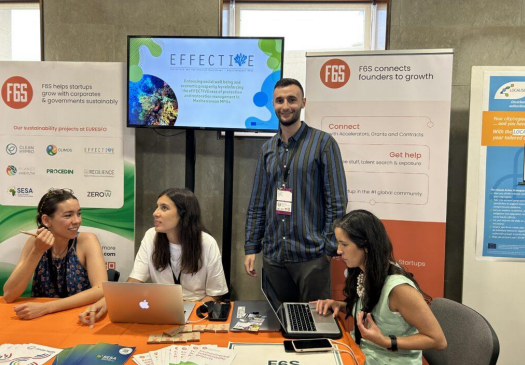
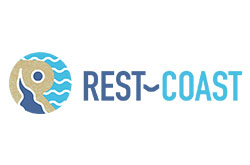
REST-COAST
Large Scale RESToration of COASTal Ecosystems through Rivers to Sea Connectivity
The REST-COAST project demonstrates that upscaled coastal restoration can provide a low-carbon footprint solution for climate adaptation and disaster risk reduction for threatened coastal systems, combined with gains in their biodiversity and ecosystem services delivery.
This solution is based on a “Restoration Revolution” to overcome current obstacles and improve coastal restoration interventions through new technical, financial, management and transfer tools, aligned with the needs of vulnerable coastal regions and society.
During the project, hands-on restoration actions are developed in nine pilot sites, with different ecosystems and socioeconomic and governance situations to improve coastal restoration practices and techniques.
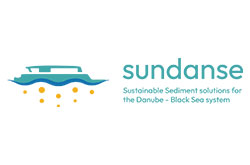
SUNDANSE
Sustainable Sediment solutions for the Danube – Black Sea system
SUNDANSE is a 48 months long initiative that brings together 20 innovation stakeholders and educational entities from 10 different European countries, who share a common vision to develop a sustainable sediment solutions for the Danube – Black Sea system. The Danube River has been incredibly important for both people and wildlife for hundreds of years. However, human activities since the late 1800s have significantly changed how the river functions to better serve our needs. Unfortunately, these alterations, combined with the effects of climate change, have disrupted the river’s natural balance. This is where SUNDANSE plays a big role! SUNDANSE will conduct a survey of the configuration and dynamics of the Danube River via REXDAN, the newest and most advanced research vessel in Europe. With this, among other benefits, a complete map of the main characteristics of the Danube River from Vienna to the Black Sea will be gained and a Sediment Management Handbook for the Danube River basin, including intervention strategies will be created. Moreover, throughout the duration of the project, SUNDANSE will launch two Open Calls and distribute financial support to at least five Associated Regions (up to 100 000€ each) to engage in Danube River Sediment Management.
Both SUNDANSE and EFFECTIVE focus on sustainable ecosystem management and aim to address the environmental impacts of human activities on water systems. Both projects are committed to developing practical solutions and knowledge resources, such as intervention strategies and management guidelines, to support restoration and balance within critical aquatic ecosystems. SUNDANSE is part of F6S’s Blue Economy synergy channel, and the collaboration with EFFECTIVE has primarily centered on mutual promotion through social media, websites, and project newsletters.
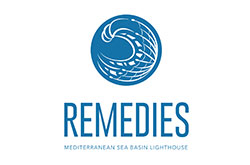
REMEDIES
Co-creating strong uptake of REMEDIES for the future of our oceans through deploying plastic litter valorisation and prevention pathways
REMEDIES is part of the of the EU Mission “Restore our Ocean and Waters” – Co-creating strong uptake of REMEDIES for the future of our oceans through deploying plastic litter valorisation and prevention pathways. Built around 3 main pillars of monitoring plastic litter, its collection and valorisation and the prevention of the distribution of non-degradable plastics, the most promising aspect of this project is the activation and necessary participation of citizens affected by plastic pollution directly on the shorelines. Through collaborative, participatory methodologies and citizen science activities, REMEDIES want to create a more plastic-conscious society by providing opportunities for stakeholders to act, learn and contribute to a plastic litter free and zero-waste future. REMEDIES supports, through two open calls for regional or local authorities, in associated regions, with mentoring, coaching and financial resources, regions to boost the deployment of plastic litter collection and valorisation schemes as well as to push towards the development of zero-waste supply. We call stakeholders to join us in this mission to create a healthier, sustainable future for our oceans.
REMEDIES is one of the projects included in F6S’s Blue Economy synergy channel, and the partnership with EFFECTIVE has thus far focused on mutual promotion and outreach activities. This collaboration has been facilitated through various digital platforms, including coordinated promotions on social media, dedicated features on both project websites, and regular mentions in project newsletters. Through synergy driven promotional activities, EFFECTIVE and REMEDIES continue to foster a supportive ecosystem within the Blue Economy sector, driving shared objectives and maximising their collective impact.
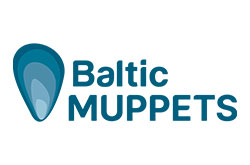
Baltic MUPPETS
Baltic Mussel Products for Pet-foods
Baltic MUPPETS stands for Baltic Mussel Products for Pet-foods. It’s a three-year project funded by the EU, bringing together 13 partners from 5 countries to explore new ways to use small Baltic mussels. With expertise across mussel farming, product development, and marketing, we aim to turn these small mussels into valuable products. Baltic MUPPETS is dedicated to showing that mussel farming can be both profitable and beneficial to the environment. By developing new uses for small mussels, we’re creating a value chain that not only boosts local economies but also provides essential ecosystem services that reduce eutrophication and improve water quality in the Baltic Sea. We’re focused on turning small Baltic mussels (1-3 cm) into sustainable pet food, developing new farming and harvesting technologies, and creating innovative products for pets and ornamental fish. This project also supports new business opportunities, encouraging start-ups and SMEs to enter this exciting market. Mussel-based pet food has the potential to be a win-win solution for both business and the environment.
Both Baltic MUPPETS and EFFECTIVE emphasise creating sustainable, environmentally beneficial value chains within the blue economy. Each project explores innovative solutions that benefit local ecosystems—Baltic MUPPETS through reducing eutrophication in the Baltic Sea, and EFFECTIVE through marine protected areas restoration efforts—while promoting new business opportunities and sustainable products that support economic growth. Baltic MUPPETS is one of the projects from the F6S’ Blue Economy synergy channel and the collaboration between these two projects so far focused mainly on mutual promotion on social media, website and via project newsletters. Together, these projects organised and participated in a webinar on ocean literacy and citizen science. This session, organized in partnership with the BlueMissionAA project served as an important platform for exchanging knowledge, promoting citizen engagement, and showcasing the impactful work of both Baltic MUPPETS and EFFECTIVE in advancing sustainable practices within the marine ecosystem.
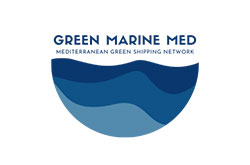
Green Marine Med
MEDITERRANEAN GREEN SHIPPING NETWORK
Maritime transport, crucial for global trade, faces growing pressure to reduce its significant greenhouse gas emissions. The industry’s diverse fleet, including merchant and cruise ships, fishing boats, and yachts, contributes to this environmental impact, with port operations alone responsible for up to 67% of emissions. “Green Shipping” encompasses not just transitioning the fleet to alternative fuels but the entire maritime fuel supply chain, infrastructure, and logistics. Stakeholders, from vessel owners and operators to entrepreneurs developing innovative technologies and investors, play a vital role in this transition. The GREEN MARINE MED project unites the Mediterranean Green Shipping Network, representing the full value chain, including vessel communities, ports, marinas, fuel and energy sectors, finance, investment, innovation, and other stakeholders. This Network forms the foundation for a comprehensive Monitoring and Technology Foresight on Mediterranean Green Shipping. Through the project’s unique accelerators and business support programs, we’ll empower Green Shipping entrepreneurs and start-ups in the region.
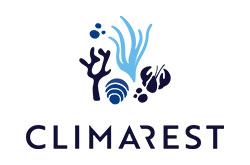
CLIMAREST
Coastal Climate Resilience and Marine Restoration Tools for the Arctic Atlantic basin
Climate change is impacting coastal regions all along the European coastline, which is home to over 40 % of the continent’s population. Therefore, ecosystem restoration and initiatives to enhance climate resilience in these regions are a top priority. In this context, the EU-funded CLIMAREST project will develop, test and optimise a modular toolbox that integrates expert knowledge, scientific information, multilevel stakeholder and community involvement, ecosystem service improvement analysis, cost-benefit analysis, priority of actions, and customdesigned protocols for restoring and monitoring a wide range of diverse coastal habitats. The toolbox framework will be tested in five ecosystems across a latitudinal gradient of the Arctic-Atlantic basin. The tools will be further tested for upscaling in comparable ecosystems
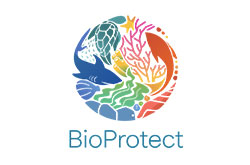
BioProtect
Advancing Area-Based Management Tools to Accelerate the Protection and Restoration of Marine Biodiversity Across the European Sea Basins
BioProtect is a 4-year Horizon EU Mission Ocean and Waters Project, which sits within the Atlantic-Arctic Lighthouse. The project aims to reduce impacts of human activities on the biodiversity of European seas by developing an Area-Based Management Decision Support Framework (ABM-DSF). This framework includes components such as recommendations for good governance and management, procedures to engage citizens and stakeholders in decision-making, strategies to monitor changes in marine biodiversity, and tools for ecosystem-based conservation planning. The project also focuses on assessing the ecological and socioeconomic consequences of management options and building capacity to facilitate the use of the framework. BioProtect will deliver strategic innovations, methodologies, and open-access software that can assist all stakeholders in understanding the pathways to protect and restore biodiversity. Implementing these ambitious targets is complex due to the diversity of actors with competing interests and the need for trade-offs between different uses of marine resources. BioProtect aims to address these challenges by clarifying the issues, defining trade-offs, resolving conflicts, and finding compromise solutions. This will enable decision-makers and ocean managers to prioritise marine areas for protection, engage users of marine ecosystems in conservation processes, and empower European citizens and coastal communities to contribute to the preservation of common goods.
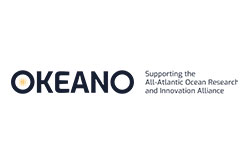
OKEANO
Supporting the All- Atlantic Ocean Research and Innovation Alliance and Declaration
The OKEANO Coordination and Support Action (CSA) will provide support to the All-Atlantic Ocean Research and Innovation Alliance (AAORIA), enabling delivery on the goals of the All-Atlantic Declaration and empowering an All-Atlantic Ocean community to sustainably manage the Atlantic Ocean. With objectives that reflect the Alliance motto ‘Connecting-Cooperating-Acting’, OKEANO will serve to scale and transition the Alliance to a long-term, sustainable and highly impactful international partnership, capable of delivering transformative science and innovation, and concrete benefits for Atlantic communities. It will provide professional support to the core activities of the AAORIA as well as advice on effective long-term governance frameworks and legacy, consolidate and strengthen existing initiatives aligned with the priorities of the All- Atlantic Declaration, facilitate structured dialogue and coordination between the AAORIA and All-Atlantic stakeholders at national, regional and international levels, design and carry out inclusive capacity development initiatives for Atlantic communities, develop an All-Atlantic Strategic Research and Innovation Agenda to support the coordination of marine and maritime research and innovation activities with All-Atlantic stakeholders, and maximise the impact of the project through effective and engaging dissemination, exploitation and communication activities. OKEANO will also support to the organisation, monitoring, communication, and outreach activities of three All- Atlantic Fora.
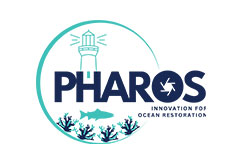
PHAROS
Atlantic and Arctic sea basin lighthouse – Addressing climate change and human activities threats to marine biodiversity
The PHAROS Project is a five-year, EU-funded initiative (2024-2029) led by the Canary Islands Ocean Platform (PLOCAN) and a consortium of 24 organizations. With a budget of nearly €9.5 million, PHAROS focuses on delivering innovative nature-based solutions (NBS) to restore ecosystems and biodiversity in the Atlantic and Arctic maritime regions. This aligns with the European Union’s Ocean Mission, which aims to protect marine ecosystems, eliminate pollution, and foster a sustainable, carbon-neutral blue economy by 2030. PHAROS will implement four demonstration projects across these regions, integrating insights from key EU programs like Ocean Citizen, Climarest, and Ultfarms. It also collaborates with H2020 ECOTIP and other Mission projects, including Prep4Blue, Nettagplus, and the EU Blue School Network. These efforts ensure a holistic approach to tackling climate change and human impacts. Serving as a bridge between the EU Mission’s development phase (2025) and deployment phase (2026-2030), PHAROS is pivotal in achieving the Ocean Mission’s measurable targets: restored ecosystems, pollution-free waters, and a circular blue economy.
Restore4Life
Restoring wetlands for a sustainable future
Restore4Life showcases the remarkable socio-economic benefits derived from a comprehensive and interdisciplinary approach to restoring freshwater and coastal wetlands in the Danube basin. By creating new blue-green infrastructure that bolsters regional climate change resilience and mitigation efforts, Restore4Life paves the way for a sustainable future. By creating new blue-green infrastructure that bolsters regional climate change resilience and mitigation efforts, Restore4Life paves the way for a sustainable future. The project’s core activities center around reinstating lateral connectivity in riverine corridors, crucial for restoring the ecological balance. To support this mission, Restore4Life introduces the long-term wetland restoration service called Restore4Life Wetland Reconstruction Accelerator.
Both Restore4Life and EFFECTIVE focus on enhancing environmental resilience through ecosystem restoration and the creation of blue-green infrastructure. Each project emphasizes interdisciplinary approaches to climate adaptation and mitigation, aiming to restore ecological balance and deliver sustainable, long-term environmental benefits. The two projects joined forces to participate in the 11th European Urban Resilience Forum (EURESFO). Both EFFECTIVE and Restore4Life were showcased at the event’s Marketplace, alongside other pioneering environmental sustainability initiatives supported by EFFECTIVE consortium partner F6S. They addressed one of the event’s central themes — water resilience and the promotion of the Blue Economy within and beyond the Mediterranean region—by presenting each project’s innovative solutions and progress. This event provided a valuable platform for promoting the EFFECTIVE project, underscoring its commitment to restoring and preserving marine protected areas throughout the Mediterranean.
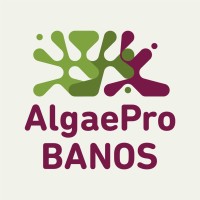
AlgaeProBANOS
Accelerating Algae product development for a more sustainable future
The Baltic and North Sea (BANOS) area faces a critical challenge: reconciling economic development with social and environmental objectives in line with Mission Ocean. There is a rising demand for green and sustainable consumer products. In this context, the EU-funded AlgaeProBANOS14 project emerges as a pioneering solution. It aims to accelerate the development of and market access to algae-based solutions. Through six business pilots, the project will introduce eight algae products, ranging from food to cosmetics, fostering a sustainable industry that preserves precious resources while meeting consumer demands. The project’s impact will extend beyond BANOS, benefiting the entire algae industry and contributing to a thriving future by 2050.
Both AlgaeProBANOS and EFFECTIVE focus on developing and promoting sustainable solutions that align with environmental and societal goals, with AlgaeProBANOS advancing algae-based products for green consumer markets and EFFECTIVE working on restoring marine ecosystems and promoting the Blue Economy. Both projects aim to foster sustainable industries and contribute to long-term environmental resilience through innovation and collaboration. AlgaeProBANOS is part of F6S’s Blue Economy synergy channel, and the collaboration with EFFECTIVE has primarily centered on mutual promotion through social media, websites, and project newsletters.


